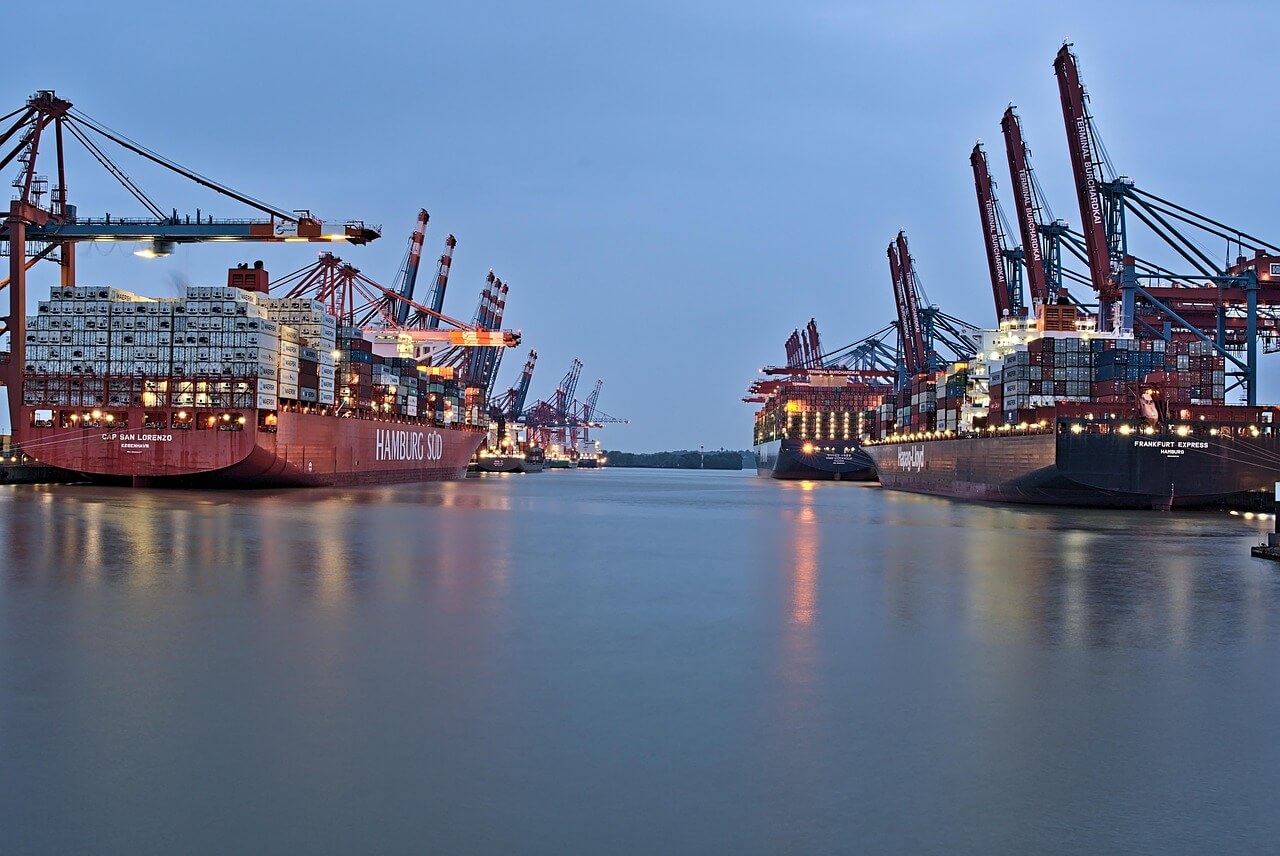
28
Apr
Freight forwarding import and export to Kenya, price fluctuations
Freight Forwarder in Kenya: Price Volatility Analysis
Introduction
Kenya, located at the crossroads of the East African trade routes, plays a pivotal role in regional logistics and transportation. The country’s strategic position and strong trade ties with other African nations make it an attractive destination for freight forwarders. However, operating in Kenya presents unique challenges, especially in terms of price volatility. This article delves into the dynamics of freight forwarding in Kenya and examines the factors that influence price fluctuations.
Overview of Freight Forwarding in Kenya
Freight forwarding involves coordinating the movement of goods from their origin to their destination. In Kenya, freight forwarders play a crucial role in international trade by ensuring smooth and efficient logistics flow. The industry has witnessed significant growth in recent years, driven by increased trade activity and investment in infrastructure. However, freight forwarding services in Kenya are subjected to various factors that influence their prices.
Price Volatility in Freight Forwarding
Price volatility refers to the sudden and significant changes in prices over a short period. In the case of freight forwarding in Kenya, several factors contribute to price volatility, including global economic conditions, domestic political stability, changes in fuel prices, and seasonal variations in demand and supply.
Global Economic Conditions
The global economy plays a significant role in determining freight prices in Kenya. Factors such as global trade imbalances, exchange rate fluctuations, and international shipping costs directly impact freight forwarding costs. When global economic conditions are unstable, freight prices tend to rise due to increased risks and uncertainties involved in shipping goods.
Domestic Political Stability
Domestic political stability is another crucial factor that affects freight forwarding prices in Kenya. Political instability can lead to port disruptions, transportation delays, and increased security risks, which ultimately drive up the cost of freight forwarding. Conversely, stable political conditions facilitate smooth operations and reduce costs.
Fuel Prices
The cost of fuel is a major component of freight forwarding expenses. Changes in global oil prices directly impact the cost of transportation in Kenya. When fuel prices rise, the cost of shipping goods increases, leading to higher freight forwarding costs. Conversely, a decrease in fuel prices results in lower transportation costs, leading to reduced freight forwarding prices.
Seasonal Demand and Supply Variations
Seasonal variations in demand and supply also contribute to price volatility in freight forwarding. During peak seasons, when there is a surge in demand for goods, freight forwarding costs tend to rise due to increased competition for shipping space and limited availability of resources. Conversely, during off-peak seasons, when demand for goods decreases, freight forwarding prices tend to decline due to reduced competition and increased availability of resources.
Conclusion
In conclusion, freight forwarding in Kenya is subjected to various factors that influence its prices. Understanding these factors is crucial for businesses operating in the industry as they help in making informed decisions on cost management and budget allocation. While there are challenges associated with price volatility, strategic planning and staying informed about market trends can help mitigate the impact of these fluctuations on business operations.
Introduction
Kenya, located at the crossroads of the East African trade routes, plays a pivotal role in regional logistics and transportation. The country’s strategic position and strong trade ties with other African nations make it an attractive destination for freight forwarders. However, operating in Kenya presents unique challenges, especially in terms of price volatility. This article delves into the dynamics of freight forwarding in Kenya and examines the factors that influence price fluctuations.
Overview of Freight Forwarding in Kenya
Freight forwarding involves coordinating the movement of goods from their origin to their destination. In Kenya, freight forwarders play a crucial role in international trade by ensuring smooth and efficient logistics flow. The industry has witnessed significant growth in recent years, driven by increased trade activity and investment in infrastructure. However, freight forwarding services in Kenya are subjected to various factors that influence their prices.
Price Volatility in Freight Forwarding
Price volatility refers to the sudden and significant changes in prices over a short period. In the case of freight forwarding in Kenya, several factors contribute to price volatility, including global economic conditions, domestic political stability, changes in fuel prices, and seasonal variations in demand and supply.
Global Economic Conditions
The global economy plays a significant role in determining freight prices in Kenya. Factors such as global trade imbalances, exchange rate fluctuations, and international shipping costs directly impact freight forwarding costs. When global economic conditions are unstable, freight prices tend to rise due to increased risks and uncertainties involved in shipping goods.
Domestic Political Stability
Domestic political stability is another crucial factor that affects freight forwarding prices in Kenya. Political instability can lead to port disruptions, transportation delays, and increased security risks, which ultimately drive up the cost of freight forwarding. Conversely, stable political conditions facilitate smooth operations and reduce costs.
Fuel Prices
The cost of fuel is a major component of freight forwarding expenses. Changes in global oil prices directly impact the cost of transportation in Kenya. When fuel prices rise, the cost of shipping goods increases, leading to higher freight forwarding costs. Conversely, a decrease in fuel prices results in lower transportation costs, leading to reduced freight forwarding prices.
Seasonal Demand and Supply Variations
Seasonal variations in demand and supply also contribute to price volatility in freight forwarding. During peak seasons, when there is a surge in demand for goods, freight forwarding costs tend to rise due to increased competition for shipping space and limited availability of resources. Conversely, during off-peak seasons, when demand for goods decreases, freight forwarding prices tend to decline due to reduced competition and increased availability of resources.
Conclusion
In conclusion, freight forwarding in Kenya is subjected to various factors that influence its prices. Understanding these factors is crucial for businesses operating in the industry as they help in making informed decisions on cost management and budget allocation. While there are challenges associated with price volatility, strategic planning and staying informed about market trends can help mitigate the impact of these fluctuations on business operations.
LEAVE YOUR COMMENT
categories
recentpost
-
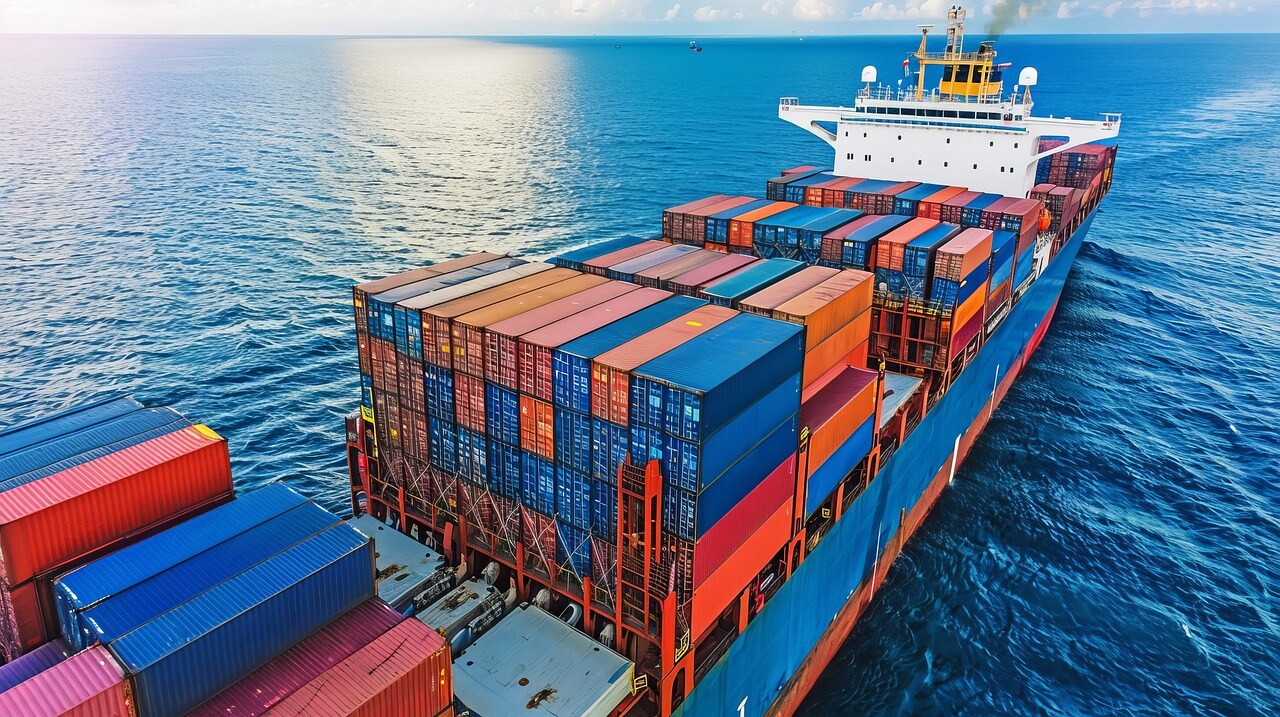 How can freight forwarders achieve efficient logistics and shipping from China to Tanzania?Apr 30,2025
How can freight forwarders achieve efficient logistics and shipping from China to Tanzania?Apr 30,2025 -
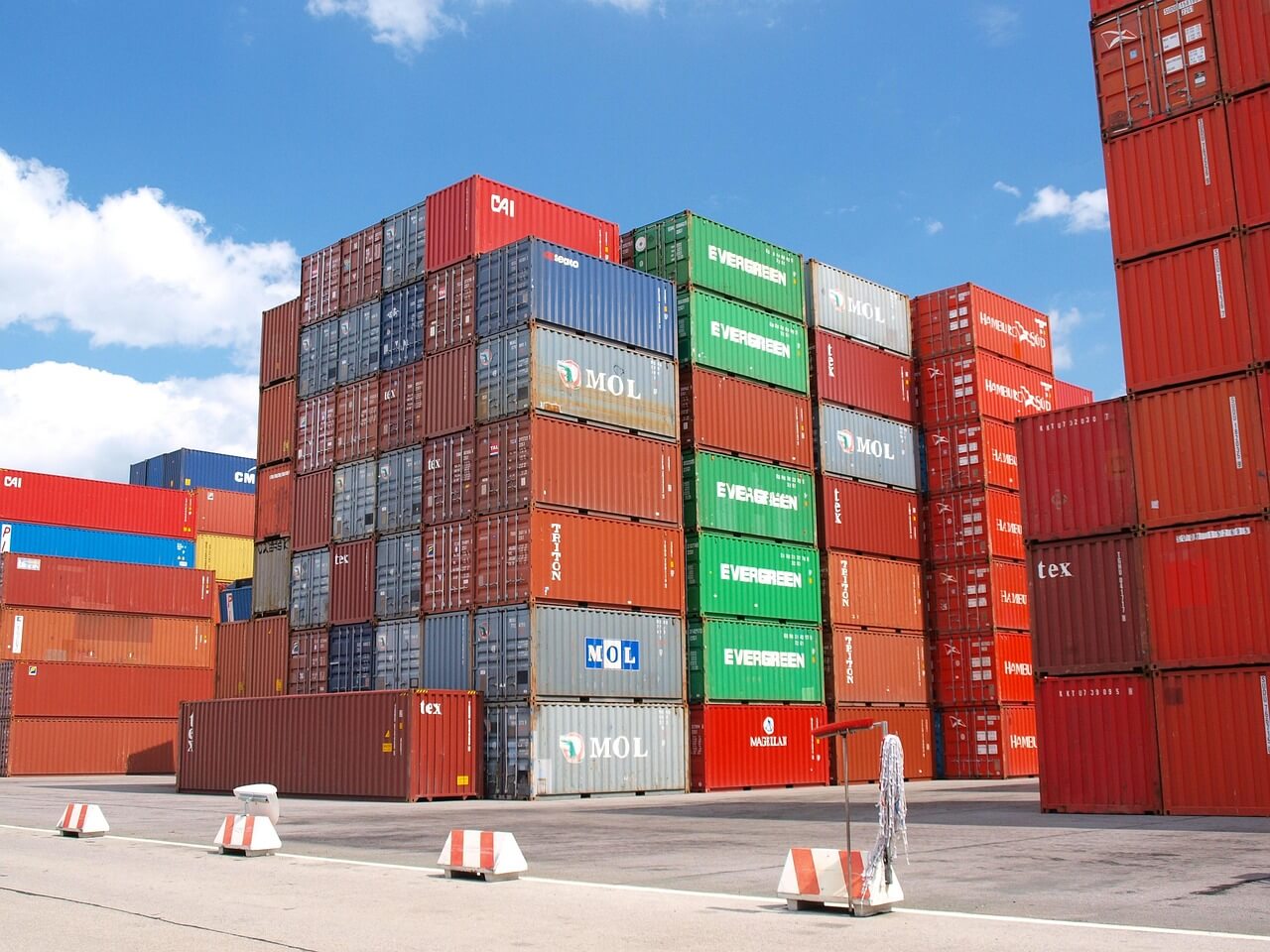 What are the guarantee measures for transportation and transaction services from China to the UnitedApr 30,2025
What are the guarantee measures for transportation and transaction services from China to the UnitedApr 30,2025 -
 How is the international freight delivery service for transporting goods to Saudi Arabia?Apr 30,2025
How is the international freight delivery service for transporting goods to Saudi Arabia?Apr 30,2025 -
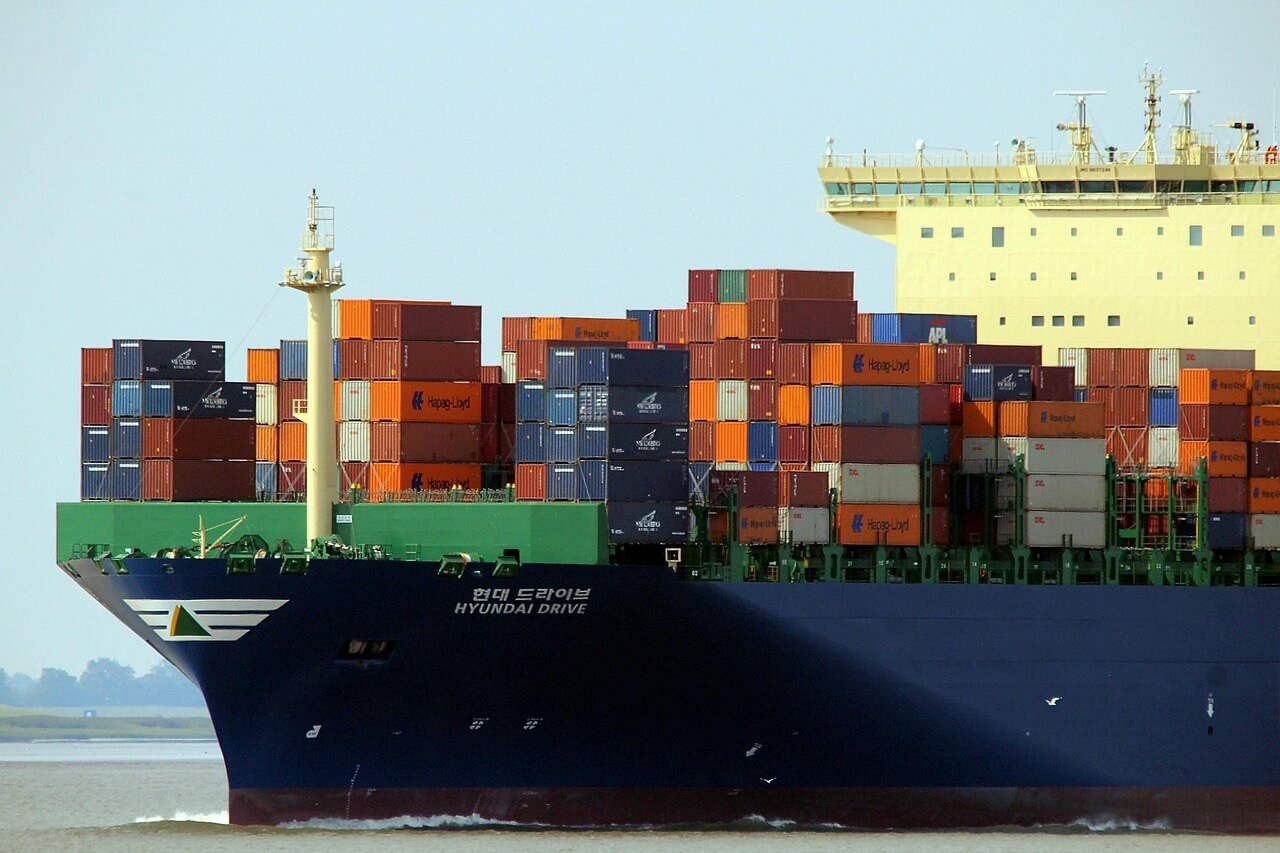 What is the delivery time for international freight from China to Kenya?Apr 30,2025
What is the delivery time for international freight from China to Kenya?Apr 30,2025 -
 What is the customs clearance process for global land transportation from China to the United Arab EApr 30,2025
What is the customs clearance process for global land transportation from China to the United Arab EApr 30,2025 -
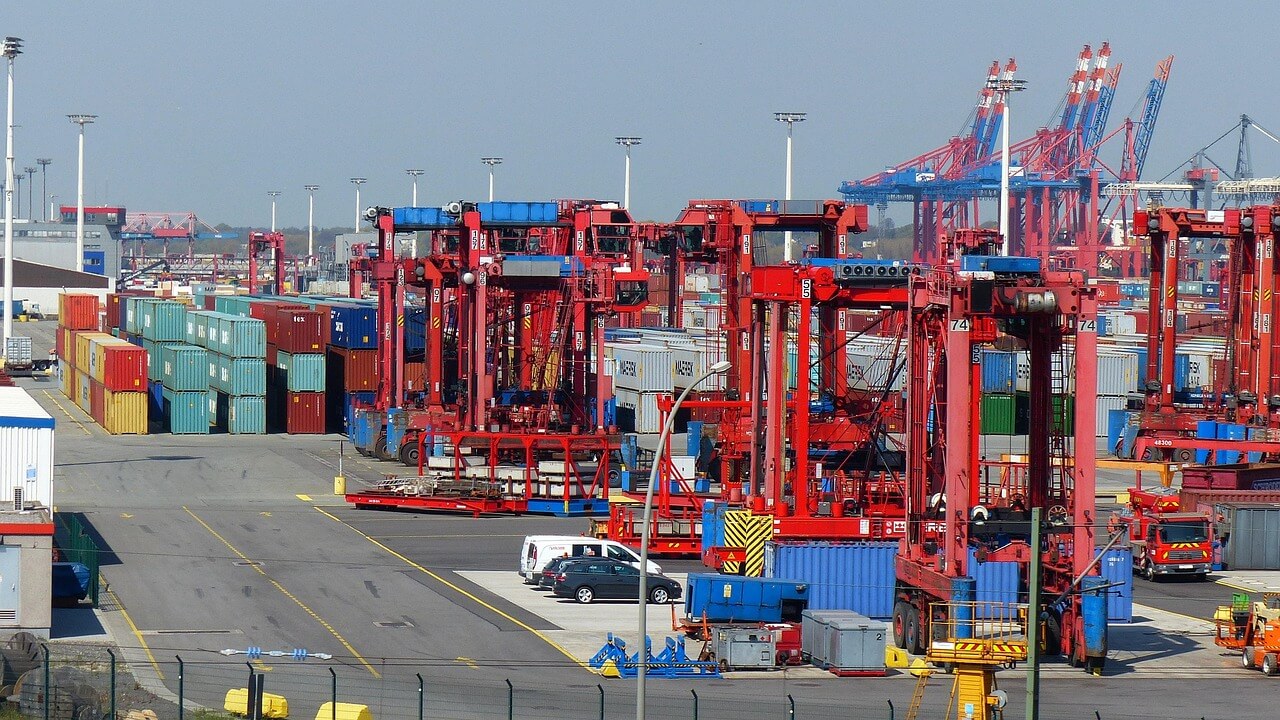 Shipping Guide from China to Qatar: How to Calculate LCL Shipping Cost?Apr 30,2025
Shipping Guide from China to Qatar: How to Calculate LCL Shipping Cost?Apr 30,2025

